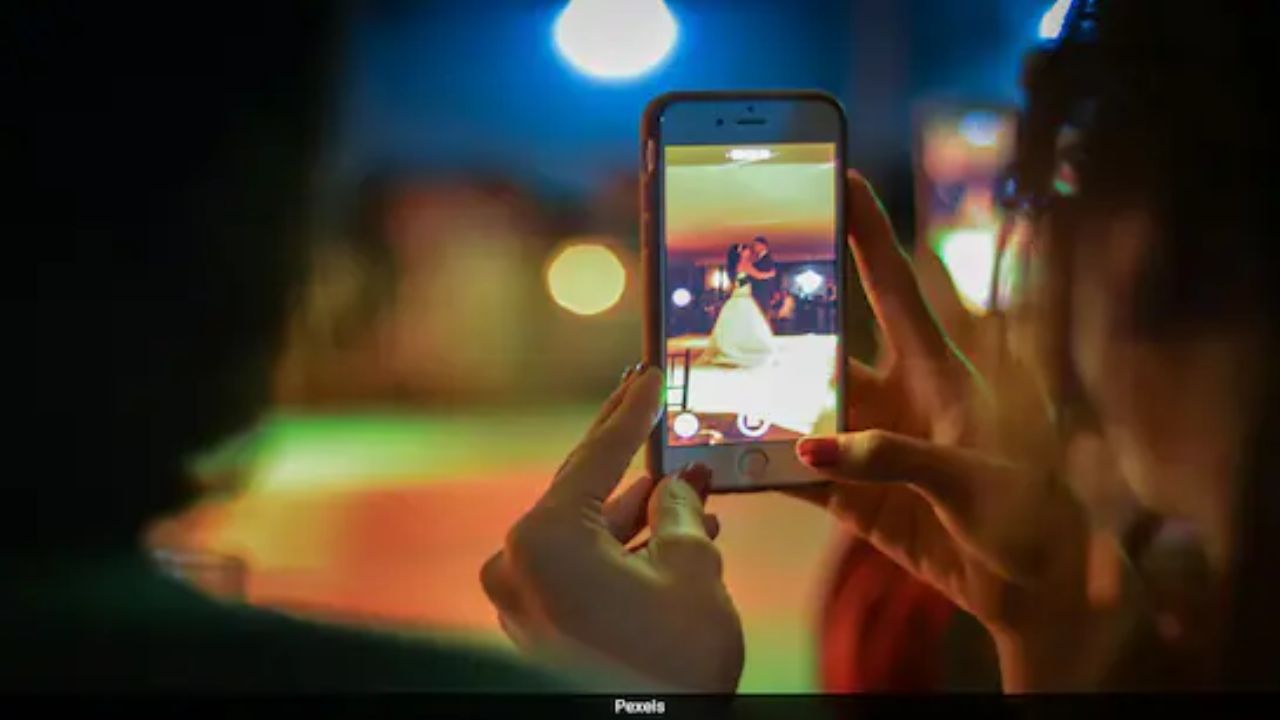 English
English

Short videos (Reels/Shorts) exploit dopamine loops, kill focus and satisfaction. India’s youth face ADHD risks, addiction, and productivity loss. Fight back with screen limits, mindful viewing, and digital detox.

Representational Image (Image Source: Internet)
New Delhi: The explosion of short form content like Instagram reels, YouTube shorts and TikTok is very influential, but these apps are engineered to keep you to there. Imagine you go on Instagram just for a minute, but it's been two hours the time you realized, this is called dopamine loop. Dopamine is a chemical in your brain that gives you the feeling of reward and desire of wanting something again, creating a highly addictive reward loop.
This is what make you feel good after eating your favorite food or having large number of likes on a post. It doesn't feel harmful in starting but this system is hacked by short videos. The flood of fast dopamine spikes is received by the brain, because your brain gets used to fast effortless reward. It stops caring about long term goals, even school feels boring, the feeling of unmotivated, unfocused, and emotionally flat is constant.
Short form content in longer duration leads to several psychological shifts: like- shrinking attention spans: the brain, trained by 15-to-60-second clips, struggles to maintain focus on longer, more complex tasks. Students report difficulty concentrating on studies, and professionals find it harder to engage with in-depth work. Increased impulsivity: a generalized sense of restlessness can result from a persistent desire for something new when short-form information is not actively engaged with.
This could worsen conditions like attention deficit hyperactivity disorder (ADHD); some Indian research points to a potential link between the increase in ADHD diagnoses among children and adolescents and increased short-form content consumption. Addictive Behavior: The unpredictable nature of the "next best video" creates a mental addiction that frequently results in "doomscrolling"— the blind consumption of content for prolonged periods of time, even when it interferes with sleep or everyday duties.
India has a large youth population, and the internet is rapidly expanding; the issues that short videos create for mental health are a significant concern here. To deal with the mental health effects of short-form content, we need to act in several ways. Promoting Digital Literacy: educating user, particularly geneses, on conception of critical media Promoting Mindful Consumption: like setting screen time limits, taking regular digital breaks, and staying engaged with what we watch instead of just scrolling aimlessly. It is important to remember that Even the best things in life can turn toxic when taken without limits, so it is important to set limit.